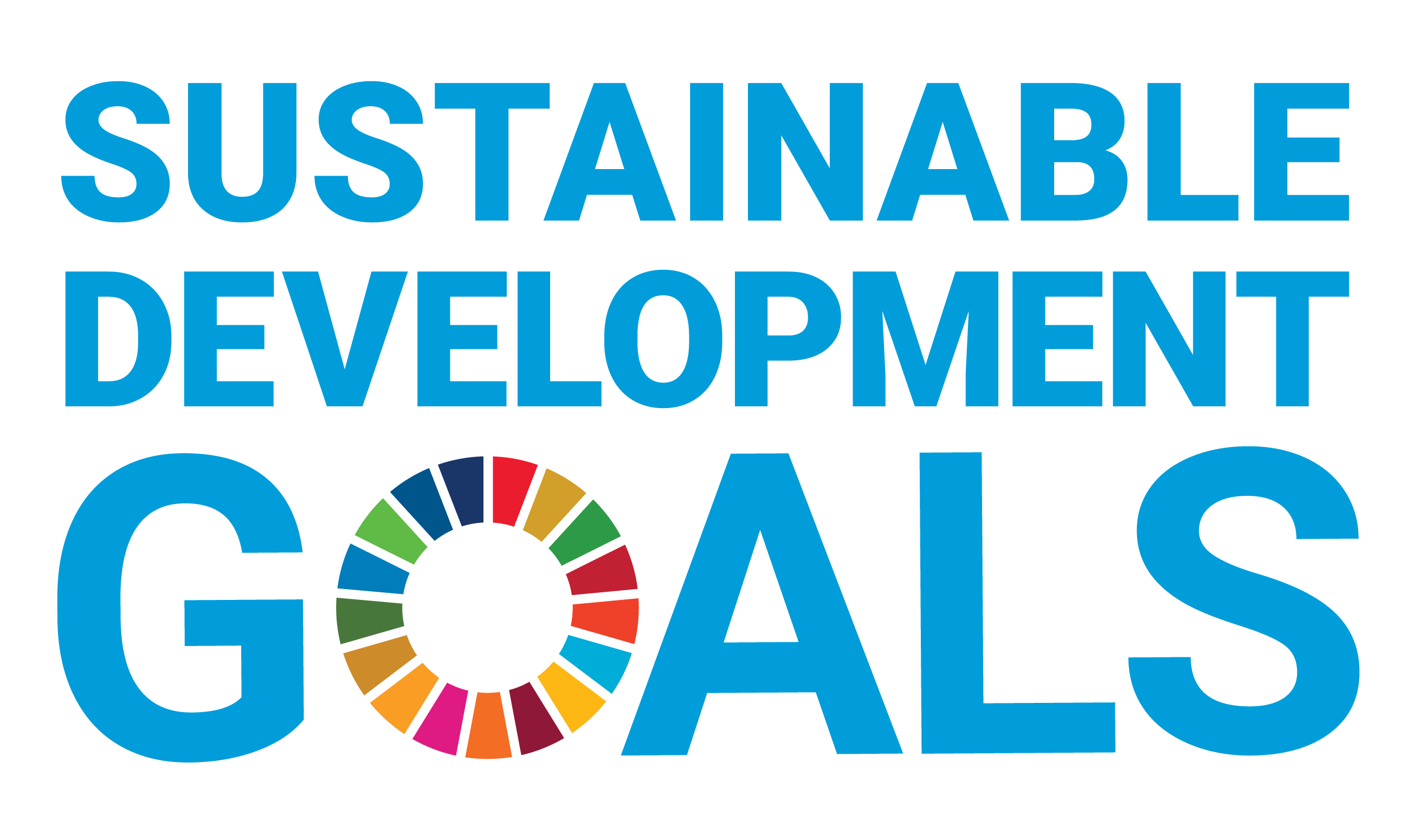Document Type
Article
Publication Date
2023
Abstract
This study evaluated two forms of a resilience intervention amongst college students during the COVID-19 pandemic. Utilising a randomised controlled trial design; it examined the impact of a synchronous and asynchronous resilience interventions versus a control group that did a journaling intervention. Outcomes measured included coping behaviour; non-reactivity; wellbeing; stress; depression and anxiety. Participants consisted of Filipino college students randomly assigned to three groups: synchronous online resilience group (n = 135); asynchronous resilience group (n = 121) and control group (n = 127). Results revealed that students who went through the online synchronous resilience reported a significant reduction in depression at post-intervention compared to those who went through an asynchronous intervention. Post-intervention scores for nonreactivity were also higher in the synchronous group compared to both asynchronous and journaling groups. Effect sizes were small to moderate. This study suggests that online resilience interventions are viable means to address the mental health needs of students; especially in countries with limited mental health resources.
Recommended Citation
Hechanova, M.R.H., Jocson, R.M., Alianan, A.S., Delos Santos, J.J.I., Manaois, J.O., Gomez, G.A., & Lamzon, G.R. (2023). Developing resilience online: Evaluation of synchronous and asynchronous resilience interventions for Filipino college students. Research in Learning Technology, 31. https://doi.org/10.25304/rlt.v31.2890



